Federal Authorities Allegedly Investigating Radio Stations for Illicit Activity
In a recent post on X (formerly Twitter), AkademiksTV stated:
“Sources within the federal government are allegedly investigating radio stations for money laundering, illegal racketeering, fraud…” X (formerly Twitter)
Drake!!!
We see what your lawsuit is doing!!— (st_ides) (@benjamins_st) September 9, 2025
While the tweet offers no additional details, this claim raises significant questions regarding the scope and nature of the alleged probe. Here’s what we know—and what remains uncertain.
What Did the Statement Say?
According to AkademiksTV, unnamed insiders within the federal government are probing radio stations for alleged involvement in:
-
Money laundering
-
Racketeering
-
Fraud X (formerly Twitter)
However, without additional context—such as which agencies, what locations, or which broadcasters are involved—the accuracy and weight of the claim remain unclear.
What We Don’t Know
Several critical details are missing, including:
-
Who is leading the investigation?
Is it conducted by the FBI, DOJ, IRS, or another federal body? -
Which radio stations are in question?
No names or regions were provided. -
Are these allegations confirmed?
No public statements or official documents corroborate the claim. -
What are the specific allegations?
Terms like fraud and racketeering remain vague without case details.
Context & Historical Perspective
While this particular claim lacks confirmation, investigations involving radio and media entities are not unprecedented:
-
In 2025, the FCC probed 13 NPR and PBS member stations, including Chicago’s WBEZ, over potential violations of regulations regarding on-air sponsorships and underwriting rules The Verge.
-
In another instance, KQQZ, a Missouri radio station, had its license revoked due to deceptive ownership structures involving a convicted felon, though the issues stemmed from licensing violations rather than criminal syndicates.
These examples highlight that media entities can face serious regulatory scrutiny, though the allegations presented by AkademiksTV suggest a markedly more severe criminal context.
While the claim from @AkademiksTV is enough to spark concern, it cannot be treated as verified without official corroboration. For now, the allegations remain unconfirmed—and critical details are missing.
A brief history of payola investigations
1959–1960: The original scandal.
Congressional hearings exposed undisclosed payments for airplay; DJ Alan Freed’s downfall became a cautionary tale. After the furor, payola became a misdemeanor and programming power shifted from DJs to program directors. President Eisenhower publicly pressed for tougher laws, and sponsorship-ID rules became the enforcement backbone as documented by History Channel.
2000s: The “new payola” era—labels, radio chains, and third-party promoters.
New York Attorney General Eliot Spitzer subpoenaed major labels and radio conglomerates over alleged quid-pro-quo promotion. Settlements followed: Sony BMG (July 2005), Warner (Nov. 2005), Universal Music Group (May 2006), and EMI (2006). In 2007, four large radio groups paid $12.5M and accepted compliance conditions (without admitting wrongdoing). These cases reframed payola as a systemic, corporate-level compliance problem—not just rogue DJs.
2010: Univision consent decree + DOJ/FCC coordination.
Univision Radio entered a $1M consent decree as regulators detailed undisclosed payments tied to music promotion—illustrating how cases can straddle FCC rules and broader fraud theories when disclosure fails. Coverage at the time noted allegations that UMG personnel and agents were involved in cash-for-spins schemes across multiple stations, highlighting the persistent gray areas between marketing, promotion, and illegal consideration.
Key legal hook: Sponsorship Identification.
Under the Communications Act and FCC rules, paid airplay must be disclosed on air; failure can trigger FCC action and, where fraud or conspiracy is alleged, potential criminal exposure via DOJ. That’s why “payola” cases often feature joint regulatory + prosecutorial footprints.
The 2024–2025 twist: Drake, “Not Like Us,” and modern pay-for-play claims
Drake vs. iHeartMedia (settled).
Drake filed a legal petition in late 2024 alleging the radio giant boosted Kendrick Lamar’s “Not Like Us” through covert payments and manipulation. The dispute settled by March 2025. Settlement details were not fully public, but the case underscored how pay-for-play allegations now span radio, streaming virality, and coordinated promo.
Drake vs. UMG (active litigation as of 2025).
Separately, Drake lodged claims that UMG “designed, financed, and executed” a campaign to turn “Not Like Us” into a “viral mega-hit,” allegedly weaponizing hype against him (UMG has denied wrongdoing). Reporting Music Business WorldWide also notes Drake’s filings referencing inflated streams and radio promotion, placing his accusations squarely inside the modern payola debate—where bots, playlisting, and radio can intersect.
Could the rumored federal radio probe connect to Drake’s UMG lawsuit?
— Antimonious (@Antimonious_) September 9, 2025
Short answer: Possibly in theme, but unproven in fact. Here’s what would have to line up:
-
Common conduct domain (pay-for-play):
If federal investigators are examining undisclosed consideration for spins, that overlaps conceptually with Drake’s allegations. Historically, undisclosed consideration is the trigger for FCC/DOJ interest. - Overlap in actors or methods:
A tangible link would require named stations, promoters, label personnel, or intermediaries common to both the rumored probe and the civil pleadings. As of today, no public filings tie specific stations or label staff in the rumored investigation to the “Not Like Us” promotional cycle. - Regulatory vs. civil vectors:
Drake’s UMG case is a civil dispute about alleged unfair/defamatory promotion and manipulation. A federal radio probe, if real, would likely hinge on sponsorship-ID violations, fraud, money laundering, or RICO—criminal or administrative frameworks. The fact patterns could overlap, but the burdens and remedies are different. - Precedent for joint scrutiny:
Past eras show that when payola concerns reach critical mass, FCC actions and AG/DOJ matters can run in parallel (e.g., Spitzer-led settlements and subsequent FCC consent decrees, the Univision case). That precedent makes a thematic connection plausible—but still not evidence of linkage here.
What to watch for (signals of a real connection)
-
Agency footprints: Formal FCC notices, DOJ indictments, or SEC/IRS tangents (if financial crimes are alleged).
-
Named entities: Specific call signs, clusters, PDs/MDs, promoters, or label staff.
-
Discovery crossover: Court filings in Drake’s UMG matter referencing evidence of undisclosed radio consideration—or vice versa, investigators referencing tactics directly mirroring claims in the lawsuit.
-
Consent decrees or settlements: Patterns like compliance monitors, training mandates, playlist documentation—all classic outcomes in payola dispositions.
Explainer: Sponsorship-ID Rules
Under U.S. law, if money or “valuable consideration” changes hands for airplay, the station must disclose it on air. If not, the broadcaster risks FCC fines, DOJ prosecution, or both. That’s why “payola” = undisclosed promotion, not simply aggressive marketing.
Timeline of Major Payola Cases
-
1959–60: Alan Freed scandal → first payola laws.
-
2005–07: Spitzer probes → label & radio settlements ($12.5M).
-
2010: Univision $1M consent decree.
-
2024–25: Drake lawsuits vs. iHeartMedia (settled) & UMG (ongoing).
-
2025: Rumors of federal investigation into radio stations resurface.
Editorial Takeaway
The latest rumors may or may not materialize into indictments — but history shows one thing: when promotional tactics cross into undisclosed consideration, regulators take notice. Drake’s legal battle against UMG sits within this same debate. Until names surface and documents are filed, though, any direct tie remains speculation.
-
-
Share this content:
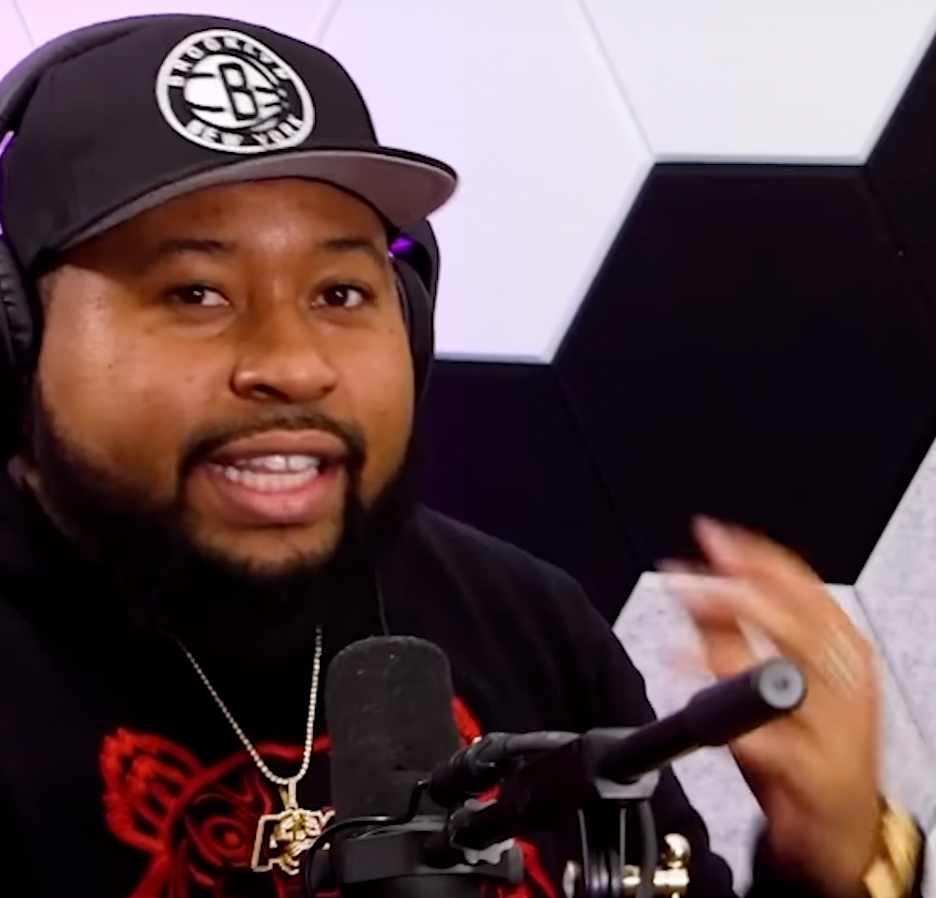
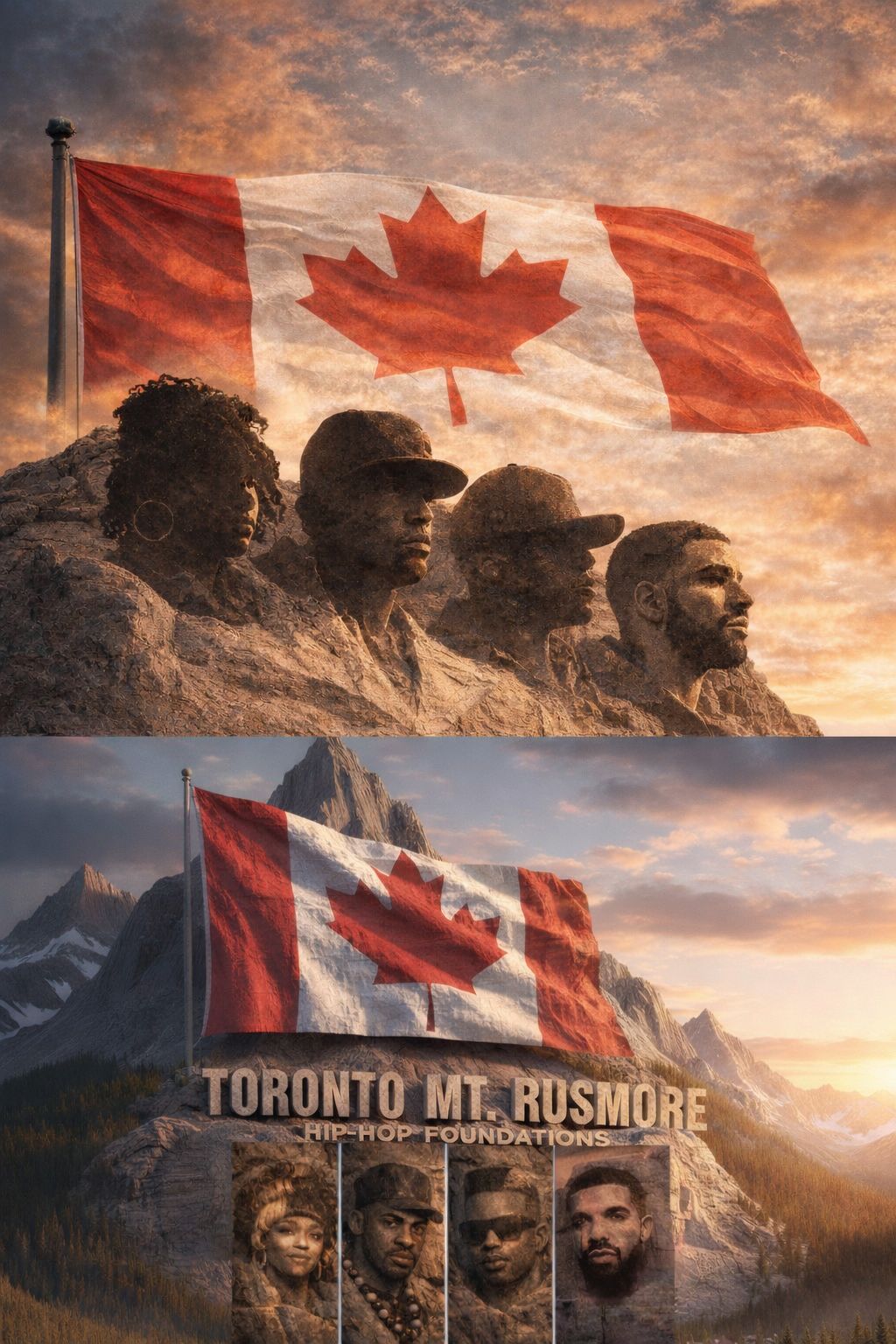
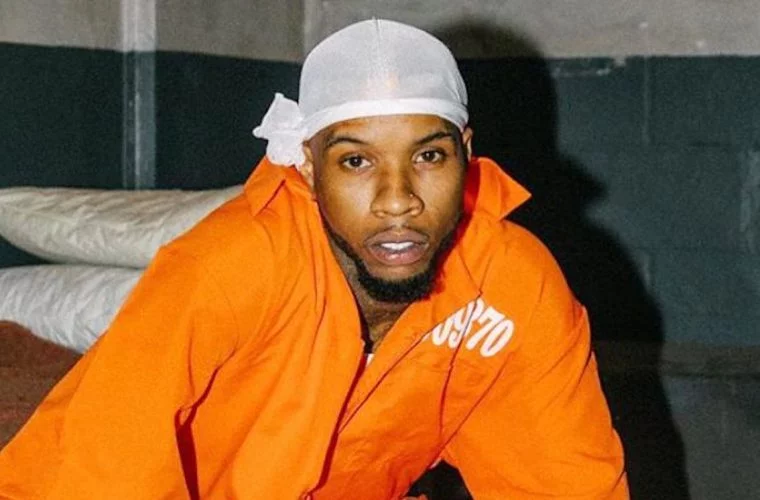
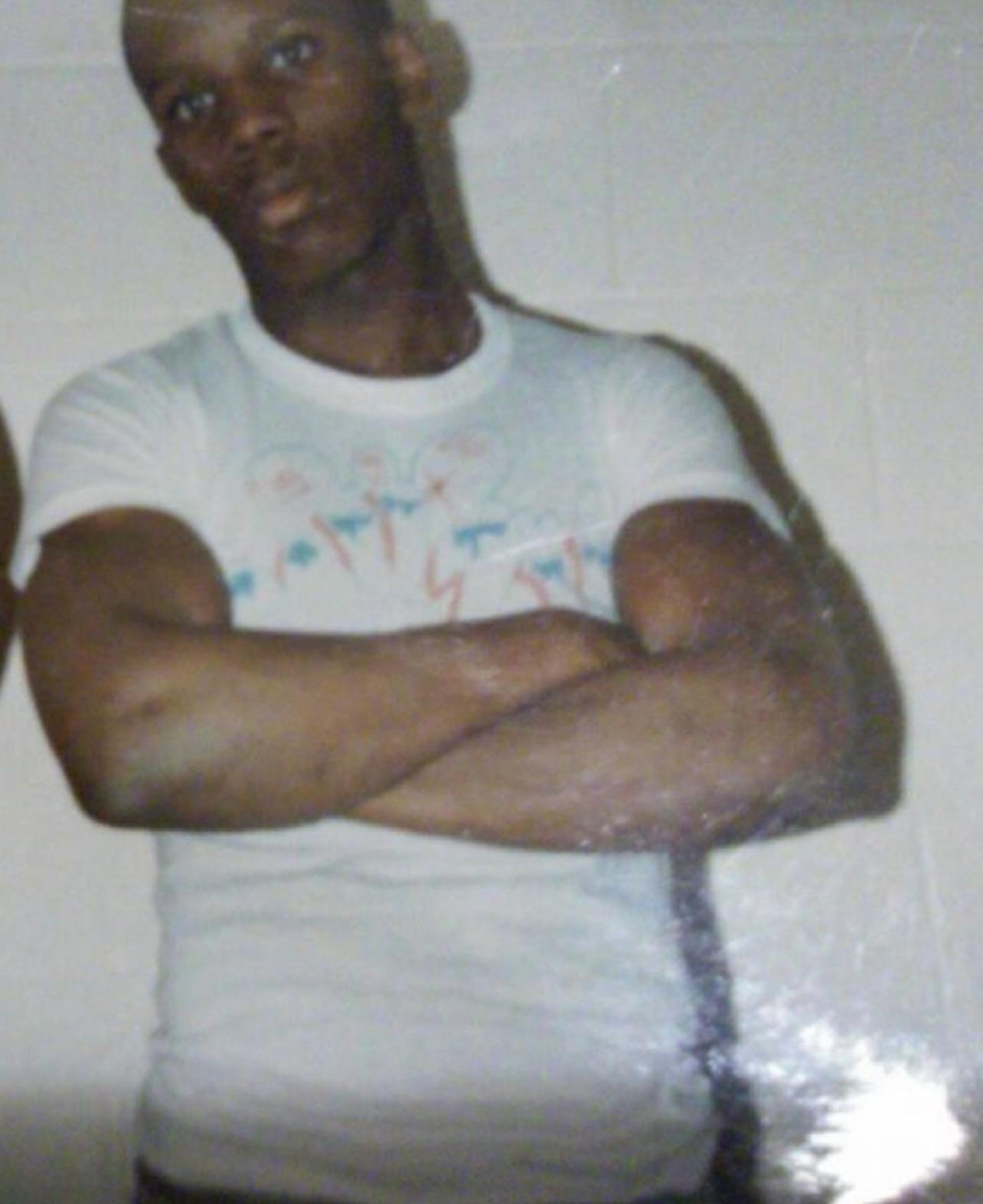

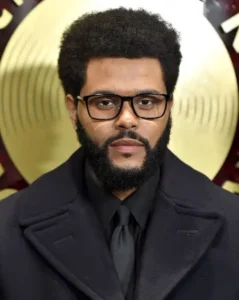
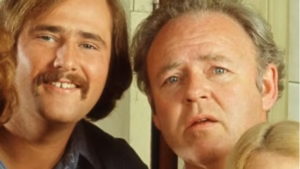
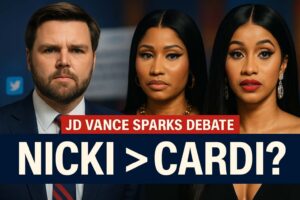



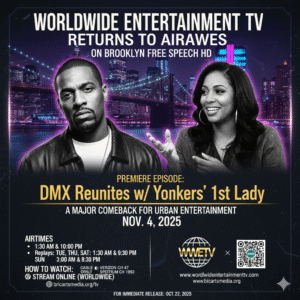


Post Comment